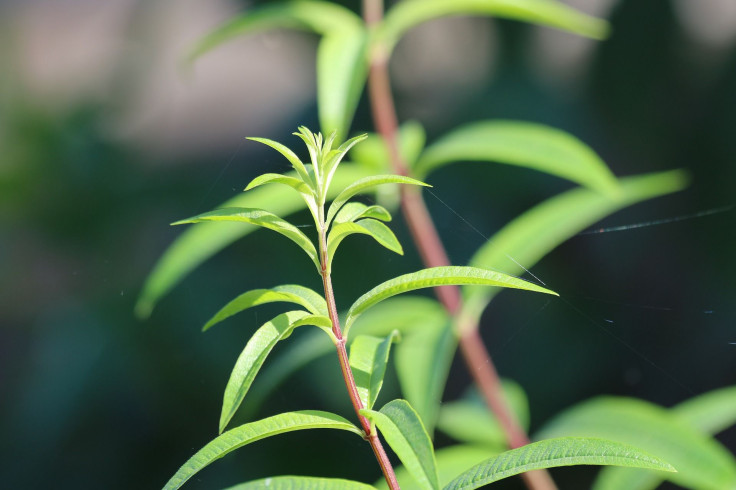Want To Boost Your Immunity? Consider Adding Lemongrass To Your Diet
Everybody wants to boost their immunity and stay healthy at the same time, which is why people are always on the lookout for better diets and healthier eating choices. And if you’re one of these people, then may we suggest adding lemongrass to your diet? Here’s why.
Lemongrass: Why Your Diet And Immunity Need It
If there’s any silver lining to be found in this world pandemic, it’s that it has stressed more than ever the importance of having a good and strong immune system. And one of the best ways to have this is by simply eating and maintaining a healthy diet, filled with all of the nutrients that we need daily. Not only will this keep your body performing at its best, but would also help keep yourself safe from developing diseases.
So if you’re one of these people that are starting to better pay attention to what you’re putting in your stomach, then here’s an interesting food item that you might want to know all about and hopefully incorporate into your diet: lemongrass.
If you haven’t guessed yet, lemongrass is a plant-type food whose leaves and oil are often used to make medicine. But it doesn’t need to be turned into medicine in order for you to consume it and reap the benefits since it’s a common ingredient in lots of cuisines, such as Thai. It’s best known for being used in making herbal teas. Additionally, it’s also used in making soups and the usual vegetable soups as well as nonvegetarian preparations and in flavoring, where it’s always a welcome addition.
As for health benefits, lemongrass is known to have antioxidant and antimicrobial properties, both of which help protect you from health conditions and diseases. In fact, some studies in the past even show that it can stop the decaying of teeth by fighting the bacteria that causes it. Additionally, lemongrass is also believed to make digestion better while also helping stimulating the body’s metabolic rate. As such, it can act as a natural diuretic, flushing toxins out of your body in the form of urine.




























